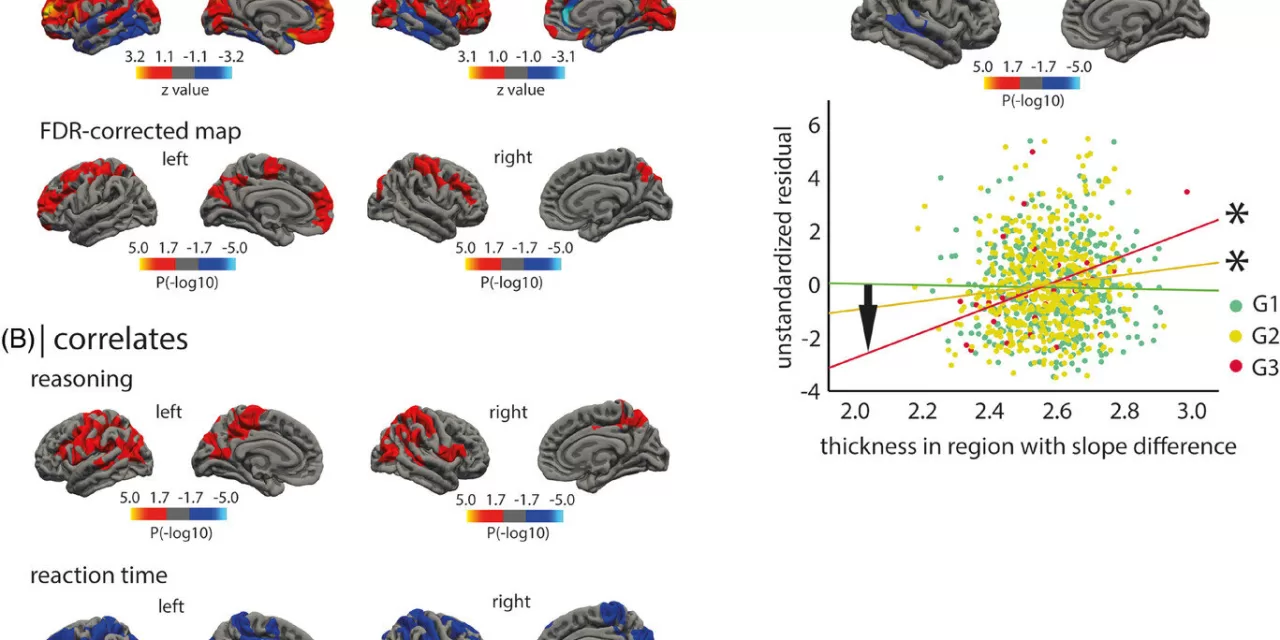Nearly 10% of the global population suffers from chronic kidney disease (CKD), a condition where the kidneys fail to effectively filter waste from the blood. A new Canadian study has revealed alarming connections between CKD and cognitive decline, suggesting a potential link to brain atrophy and Alzheimer’s disease.
Conducted by Shady Rahayel, a neuropsychologist and professor at the Université de Montréal, the research sheds light on how impaired kidney function can result in reduced cognitive performance in areas such as reasoning, working memory, and reaction time. The findings were published in the journal Alzheimer’s & Dementia: Diagnosis, Assessment & Disease Monitoring.
In the study, Rahayel and his team analyzed the cognitive function of nearly 16,000 healthy individuals while also examining their glomerular filtration rate (GFR), which indicates the kidneys’ ability to filter blood. They found a striking correlation between weaker kidney function and lower cognitive performance, regardless of factors like age, sex, education, body mass index, or cardiovascular health. The participants with reduced kidney function also displayed signs of brain atrophy, particularly in the cerebral cortex of the frontal lobes.
Unraveling the Link Between Kidneys and Brain
While the exact mechanisms linking kidney disease to cognitive decline are not yet fully understood, researchers suspect that waste products accumulating in the bloodstream due to damaged kidneys may have a direct impact on the brain. However, Rahayel emphasizes that the relationship between kidney function and cognitive impairment extends beyond the vascular problems commonly associated with diabetes, a leading cause of kidney disease. Even when accounting for vascular health, kidney function remained linked to cognitive performance.
Rahayel’s team used advanced brain imaging to measure the thickness of the cerebral cortex across 50,000 locations, revealing that individuals with diminished kidney function exhibited notable brain shrinkage, even before developing CKD. This atrophy is closely tied to neurodegeneration, dementia, and Alzheimer’s disease, offering critical insights into how kidney health might influence brain structure and function.
Looking Toward Future Interventions
The ultimate goal of this kidney-brain research is to pinpoint the specific brain regions most affected by poor kidney function. By better understanding this connection, scientists hope to develop more targeted interventions to slow or prevent cognitive decline and Alzheimer’s disease in individuals with chronic kidney disease.
As Rahayel notes, the implications of these findings could extend beyond current treatments, offering the potential for more comprehensive approaches to managing both kidney and cognitive health.
This pioneering study underscores the growing need for integrated care that addresses both organ systems, as better kidney health may be key to protecting cognitive function and reducing the risk of dementia in affected individuals.
For more details, refer to the full study: Lower estimated glomerular filtration rate relates to cognitive impairment and brain alterations, Alzheimer’s & Dementia: Diagnosis, Assessment & Disease Monitoring, 2024. DOI: 10.1002/dad2.70044.












